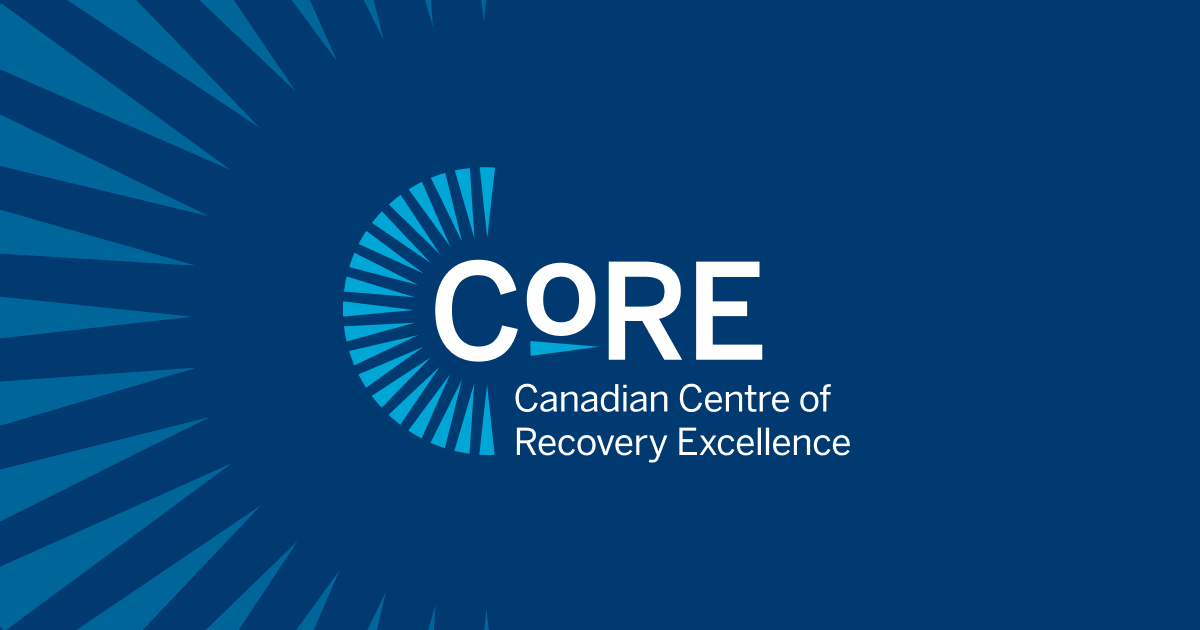
At the 68th Annual UN Commission on Narcotic Drugs, Dr. Nathaniel Day, CoRE’s Chief Scientific Officer, presented to attendees representing close to 100 nations. He shared major efforts made in Alberta to address the crises of addiction in Canada.
Securing this thought leadership opportunity is just one of CoRE’s strategic achievements in its first year of operations.
At the Commission, Dr. Day highlighted three of Alberta’s revolutionary and inspiring accomplishments to promote knowledge sharing around evidence-based best practices across the mental health and addiction sector.
A few highlights from Dr. Day’s presentation:
- Like many other jurisdictions facing the hurdles of vast geography and rural populations, Alberta confronted the challenge of ensuring equitable access to evidence-based opioid addiction treatment. The province’s response was both innovative and impactful: the Virtual Opioid Dependency Program (VODP) was established to bridge these distances and reach every community. Through the VODP, any individual in Alberta—regardless of where they live—can now receive same-day assessment and treatment for opioid addiction, free of charge. By harnessing technology, Alberta has removed barriers and wait lists, making on-demand, life-saving care truly accessible to all.
- Alberta is advancing its plan to establish 11 live-in recovery communities—three are now open, and eight more are under development. The province is collaborating with Alberta First Nations to operate five of these communities. Through this partnership, culturally informed and delivered programs will be offered, supporting individuals on their path to successful recovery.
- Alberta recognized that some of the people most impacted by addiction also touch the provincial corrections system. In response, Alberta has made major innovations, including piloting the use of asynchronous telehealth addiction assessments, to ensure rapid screening, and timely treatment for individuals. Additionally, therapeutic living units have been implemented to provide voluntary intensive treatment for those working towards recovery from substance use. These initiatives reflect Alberta’s commitment to developing a system of care that offers treatment in as many contact points as possible.



Share this Post